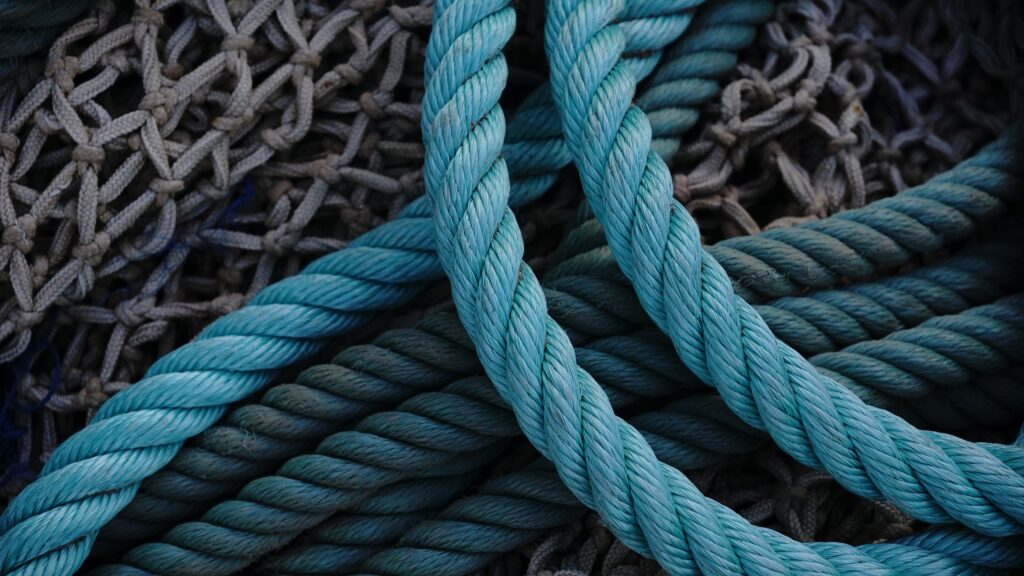Donald Trump has made a controversial decision to ease fishing restrictions in the Pacific Islands Heritage Marine National Monument. This area, which spans nearly 500,000 square miles, includes some of the world’s most untouched tropical marine environments.
The monument was first created under President George W. Bush and expanded by President Barack Obama. It protects seven islands, 165 seamounts, and ancient coral reefs. These ecosystems are home to endangered species, including seabirds, turtles, dolphins, whales, and various types of sharks.
Trump’s new order allows commercial fishing between 50 and 200 nautical miles offshore. It also instructs the Secretary of Commerce to remove or relax regulations that are seen as too strict for the fishing industry.
Concerns Over Environmental Impact
Environmental groups are concerned about the possible damage this change could cause. They fear it could harm the delicate marine ecosystems that exist in the protected area. Coral reefs, sharks, and sea turtles are at particular risk.
Kingman Reef, within the monument, is one of the most important areas for apex predators like reef sharks and hammerheads. These species are vital for ocean health. Experts worry that opening this area to fishing could result in the death of many sharks and turtles due to bycatch.
Douglas McCauley, a marine biologist, warned that fishing in these waters could undo years of conservation efforts. Sharks are essential for balancing the ocean ecosystem. They regulate other species and help keep the environment healthy. If these shark populations were wiped out, it could have a long-lasting effect on the marine food chain.
Sea turtles also face greater risk under these new rules. They can get caught in fishing gear, such as longlines or purse seines, and drown.
Short-Term Gains, Long-Term Problems
The Trump administration says that relaxing the rules will help American fishers. However, experts believe the benefits are exaggerated. Studies show that fishing in this area has been limited in the past. The distance from shore makes it hard for most fishing boats to operate in these areas.
Experts like David Henkin and David McGuire argue that the commercial fishing industry is overstating the potential value of these waters. Marine protected areas, they say, help nearby fisheries by allowing fish populations to grow. When these areas are open to fishing, it can harm local fish populations and lead to lower catches in the long run.
By weakening protections, Trump’s plan could backfire, causing a collapse in fish numbers. This would hurt American fishers, who rely on healthy fish populations.
Solomon Kaho’ohalahala, a Hawaiian elder, highlighted the importance of maintaining balance in island ecosystems. He warned that damaging one part of the ecosystem could have ripple effects across the entire region. Marine scientists have compared Trump’s decision to allowing hunting in a protected area, like Yellowstone National Park.
A Global Issue
The decision also creates tension with other countries. The Pacific Islands Heritage Marine National Monument is a vital area for international shipping routes. China is a major user of this area, and this move may impact global trade. Other nations may view this change as an attempt to control key marine resources.
Additionally, the move comes at a time when the world’s coral reefs are in serious trouble. Over 80% of the world’s coral reefs are experiencing bleaching due to higher ocean temperatures and pollution. These reefs, many of which are in the protected area, are essential for maintaining marine biodiversity. Allowing fishing in these waters could worsen the damage to these vital ecosystems.
In conclusion, Trump’s decision to ease fishing regulations in the Pacific Islands Heritage Marine National Monument has sparked significant concern. Experts warn that it could harm endangered species, damage fragile ecosystems, and undo years of marine conservation efforts. While the move may benefit the fishing industry in the short term, the long-term consequences could be severe.
Conservationists, marine biologists, and indigenous groups are speaking out against the decision. They urge lawmakers to reconsider the potential harm this move could cause to one of the planet’s most valuable marine areas. As the debate continues, more details will likely emerge.


